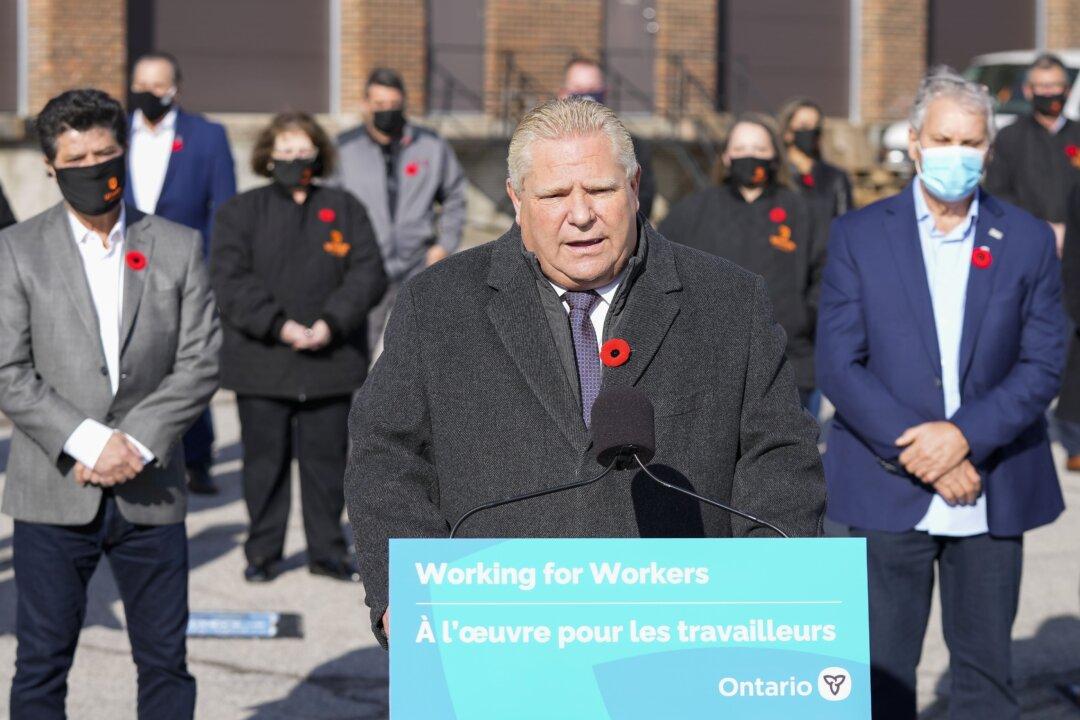Commentary
Ontario Premier Doug Ford hiking the minimum wage thrills liberals and socialists because they think those fusty, hard-hearted Tories, in jettisoning obsolete economic theory for compassion, are admitting they were right all along. And it thrills conservatives to give up defending unpopular ideas because they think they’ll stop being treated as social lepers. So it might rather spoil the mood to point out that, economically, the move is rubbish.





